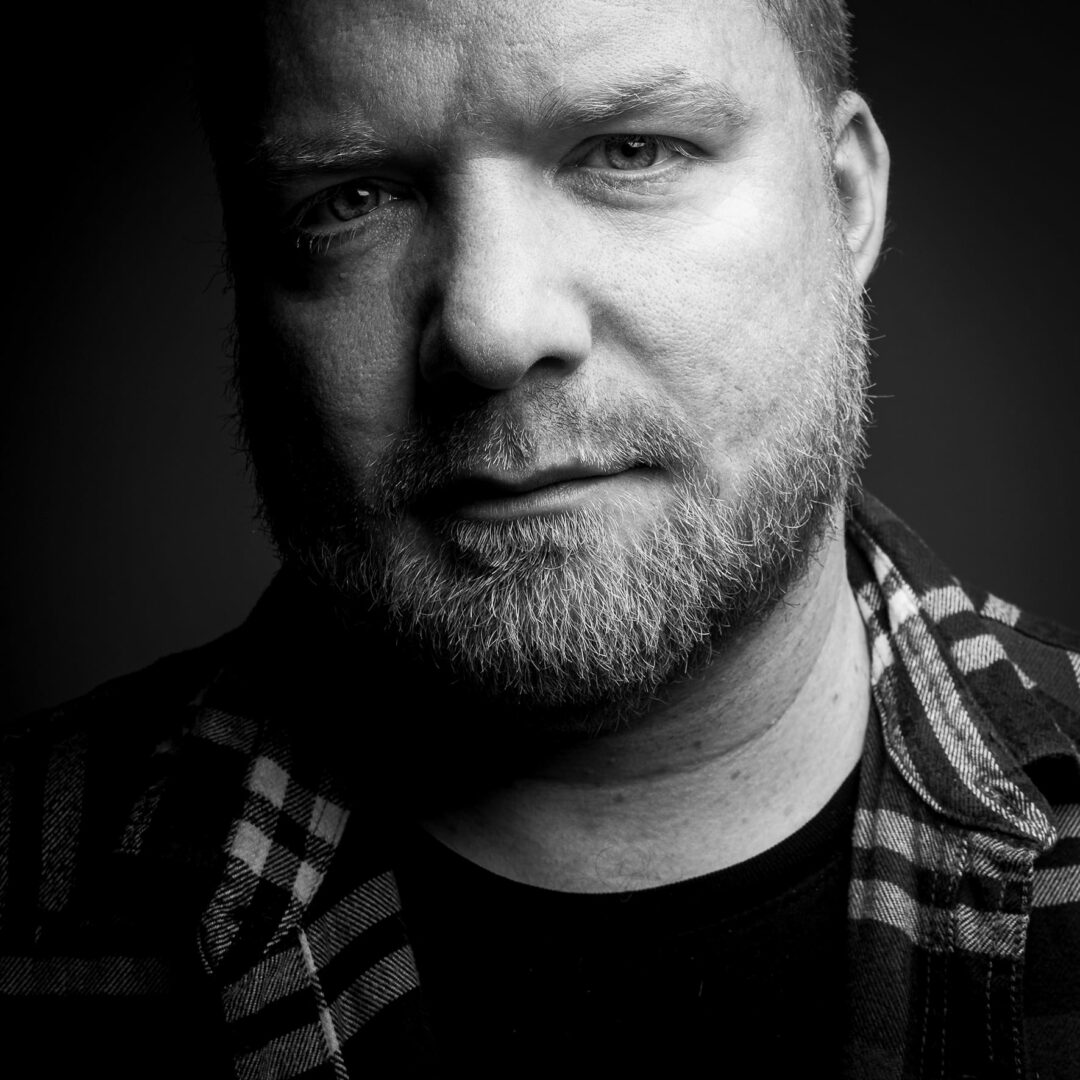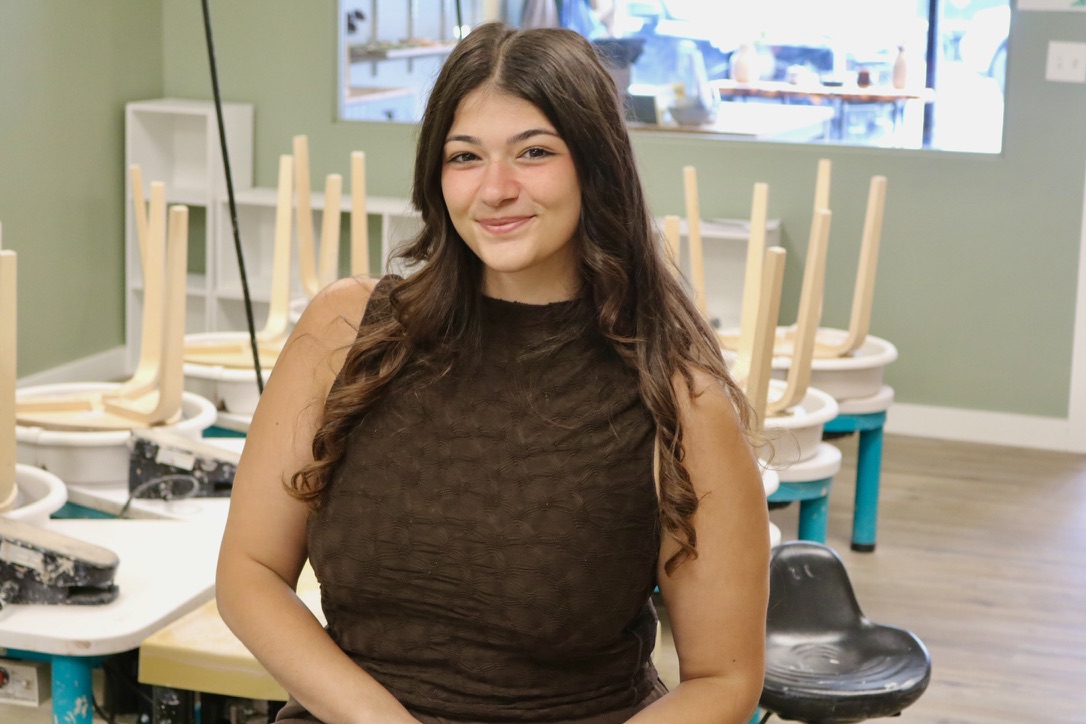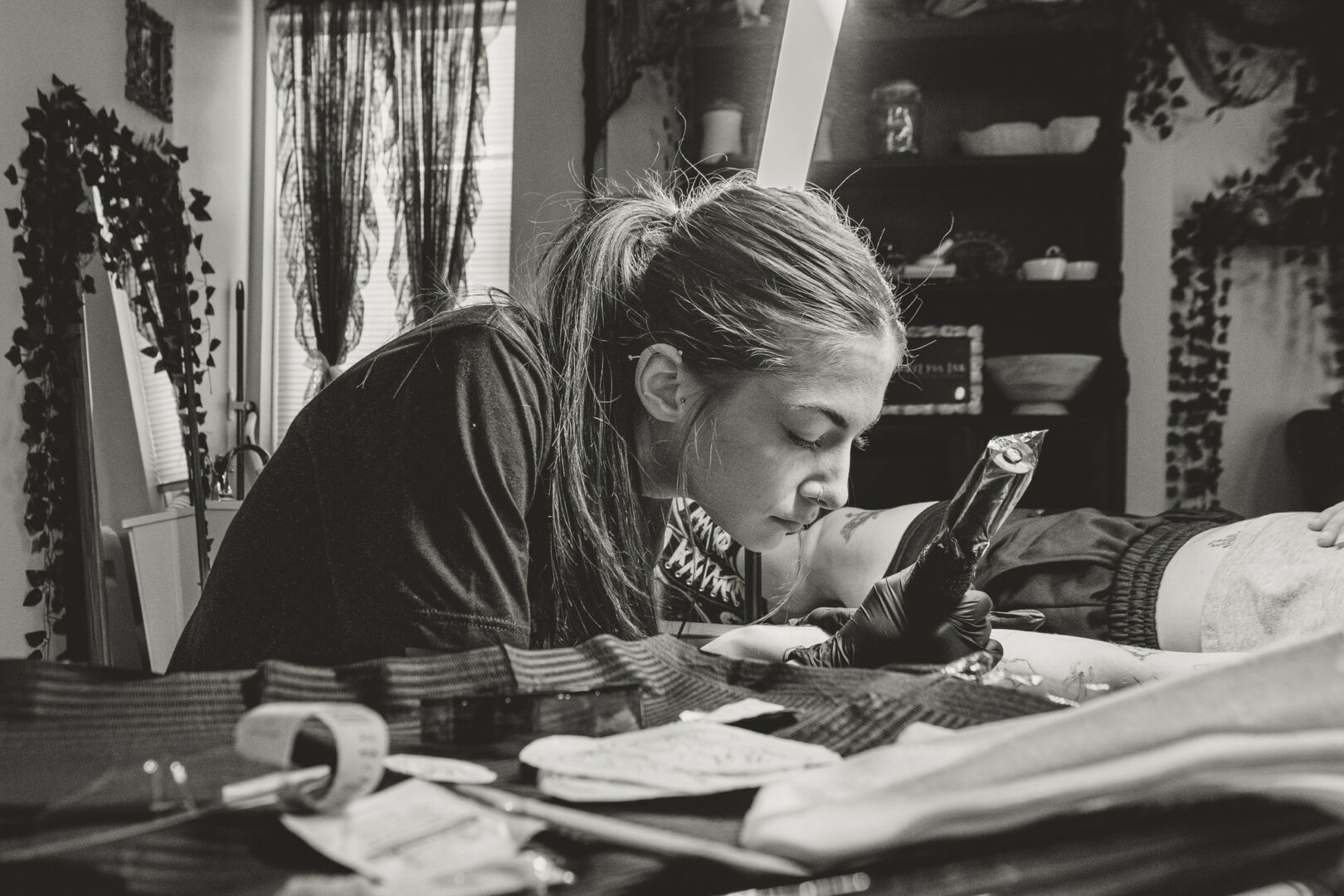We caught up with the brilliant and insightful Krystin Railing a few weeks ago and have shared our conversation below.
Krystin, we’re so excited for our community to get to know you and learn from your journey and the wisdom you’ve acquired over time. Let’s kick things off with a discussion on self-confidence and self-esteem. How did you develop yours?
Developing self-confidence and self-esteem is honestly an ongoing process, like exercising a muscle. I am fortunate that my mother helped me develop confidence from an early age, and for me, it was shaped by a mix of internal monologue, and persistence. Confidence isn’t a destination; it’s a practice. By continuing to show up, learn, and celebrate progress, anyone can build their self-esteem and unlock their potential.
Here’s how I approach it:
Embracing My Strengths I took time to identify what I was naturally good at and passionate about. Recognizing these strengths helped me build a foundation of self-belief. Performing allowed me to share those strengths publicly. Each time I stepped onto a stage or completed a challenging project, I gained a little more confidence in my abilities.
Practicing Resilience: Setbacks are inevitable, but I treated each one as a learning opportunity. Reflecting on what went wrong and how I could improve gave me a sense of control over my growth. Resilience came from continuing to show up, even when things didn’t go as planned.
Focusing on Preparation Confidence often comes from being prepared. Whether it was a performance, presentation, or negotiation, I rehearsed, practiced, and did my research to minimize uncertainty. When you know you’ve done the work, it’s easier to trust yourself.
Building a Support System Surrounding myself with mentors, peers, and friends who believed in me made a big difference. Their encouragement often reminded me of my potential when I doubted myself. I also found it powerful to celebrate others’ successes, which built mutual support.
Stepping Outside My Comfort Zone Growth happens when you challenge yourself. Whether it was trying a new skill, performing in a different setting, or pitching a bold idea, taking calculated risks expanded my self-belief. Every time I succeeded—or even just survived a daunting experience—I had proof that I could handle more than I thought.
Positive Self-Talk I worked on replacing negative inner dialogue with affirming, constructive thoughts. Instead of saying, “I can’t do this,” I’d remind myself, “I’m learning, and I’ll get better.” This mindset shift didn’t happen overnight, but consistent practice made a huge difference.
Focusing on Progress, Not Perfection Perfectionism can be paralyzing, so I redefined success as progress. By celebrating small wins along the way, I stayed motivated and reminded myself that confidence is built in increments.

Thanks for sharing that. So, before we get any further into our conversation, can you tell our readers a bit about yourself and what you’re working on?
I’m a circus performer, educator, and creator with a deep passion for bringing art to life in bold, unexpected ways. My journey in the performing arts has led me to explore a variety of disciplines, from juggling and fire manipulation to circus arts and classical dance. But what excites me most is the ability to connect with audiences through these performances. There’s a unique kind of magic that happens when the crowd is fully immersed in the moment, whether it’s the awe of watching a complicated routine unfold or the sheer joy of a playful interaction.
The thing that makes my work so special to me is the continuous evolution of it. As a performer, every show is an opportunity to grow, experiment, and push myself. I’m constantly working to perfect my craft and learn new skills—there’s always something new to discover.
One of the most important parts of my journey is sharing my experiences and knowledge with others. Through my mentorship program, The Performer’s Guide, I aim to empower fellow artists by offering practical advice on both the artistic and business sides of performance. It’s my way of giving back to the community that’s supported me over the years, and it’s been incredibly rewarding to see how it’s helped others in their creative careers.
As for new projects,I’m very excited about some upcoming performances in 2025 including Rainier Days in the Park in July and Oddities & Curiosities Expo Portland in October.

Looking back, what do you think were the three qualities, skills, or areas of knowledge that were most impactful in your journey? What advice do you have for folks who are early in their journey in terms of how they can best develop or improve on these?
The three qualities I believe are most important to develop are resilience, creativity, and self-belief.
Resilience: In any creative field, setbacks are inevitable. Whether it’s a tough performance, a failed project, or a challenging critique, resilience allows you to bounce back and keep going. It’s about learning from mistakes, adjusting, and not giving up. The ability to stay focused on your long-term goals, even when facing obstacles, is key to growth.
Creativity: This is the heartbeat of what I do. Creativity isn’t just about artistry; it’s also about problem-solving and thinking outside the box. The ability to stay inventive in both your craft and how you approach challenges will keep you evolving. Creativity allows you to stand out and innovate in a competitive environment.
Self-Belief: Confidence in yourself and your abilities is essential, especially in a world where self-doubt can often creep in. Developing self-belief helps you stay true to your vision and take risks when necessary. It empowers you to put yourself out there and trust that you have something valuable to offer.
These three qualities are interconnected—they support each other and help you navigate the inevitable ups and downs of any creative career.

Before we go, any advice you can share with people who are feeling overwhelmed?
It’s a balance between both, but I tend to lean toward doubling down on your strengths while still acknowledging the value of improving areas of weakness. Here’s why: when you focus on what you’re naturally good at, you can push those skills to new heights, making them even more powerful and unique to your personal brand. It’s often in this focused mastery that you find the most success.
That said, it’s also important to recognize that being well-rounded can open new doors. It’s not necessarily about trying to be great at everything, but rather about gaining a basic competency in areas that complement your strengths. For example, if you’re a performer, improving your business skills—like marketing, negotiation, or public speaking—can elevate your career without needing to divert energy from your core craft.
Ultimately, I’d recommend focusing on your strengths, but always be open to learning. You don’t need to master everything, but expanding your skill set strategically can give you more opportunities and make you a more adaptable artist in the long run.
Contact Info:
- Instagram: http://www.instagram.com/krystinrailing
- Facebook: https://www.facebook.com/LaDonyaPayasa
- Linkedin: https://www.linkedin.com/in/krystinrailing/
- Twitter: https://x.com/KrystinRailing
- Other: [email protected]



so if you or someone you know deserves recognition please let us know here.




